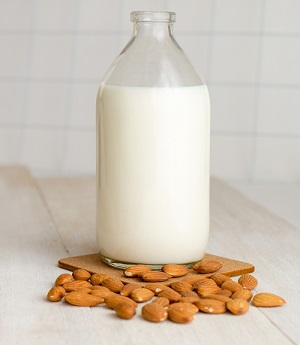Podcast Episode 18 – Health Concerns About Dairy
Wondering what health concerns there are surrounding dairy? If so, then the facts that we discuss regarding dairy are sure to interest you. We share some of our personal experiences while discussing a fact sheet that was released by The Physician’s Committee for Responsible Medicine. (See below for the link to download this document.) We […]
Continue Reading
